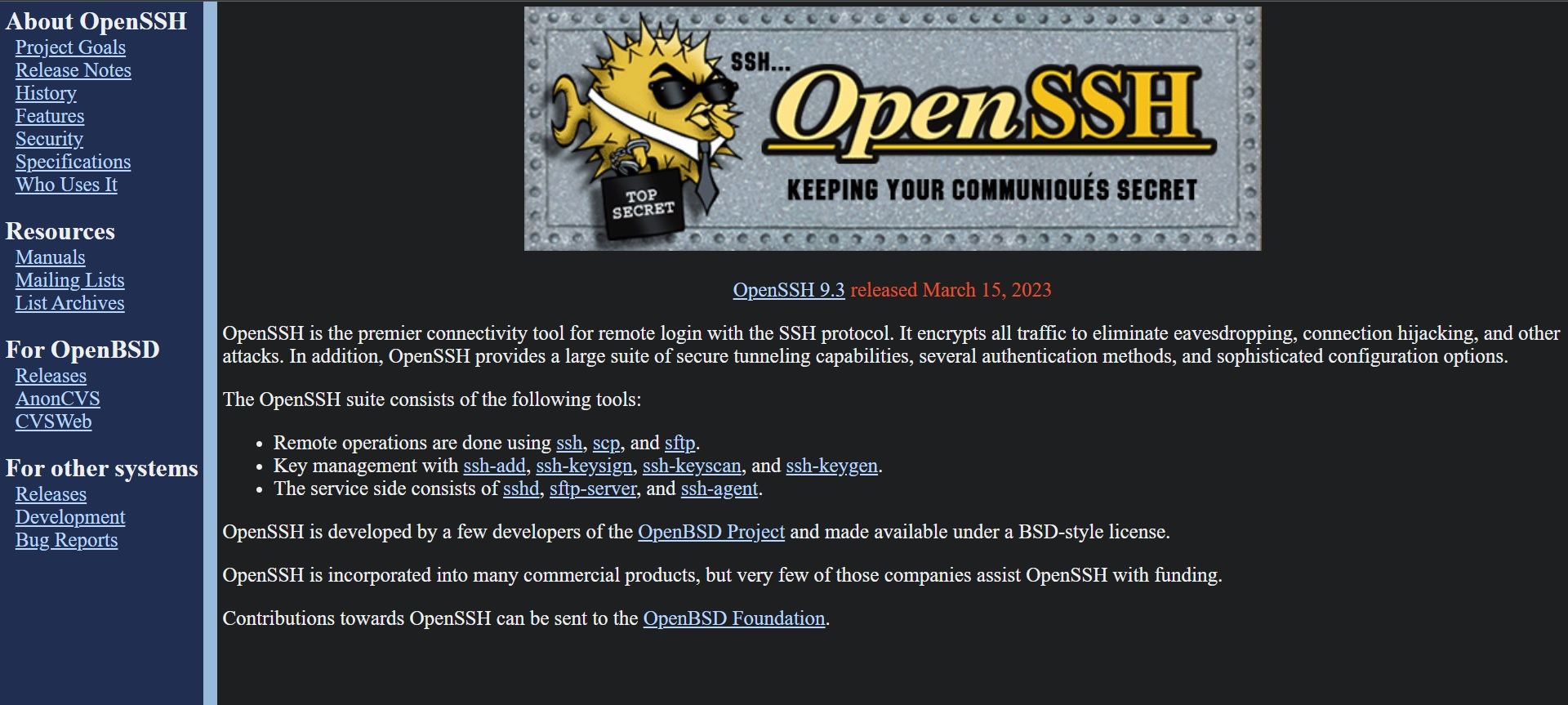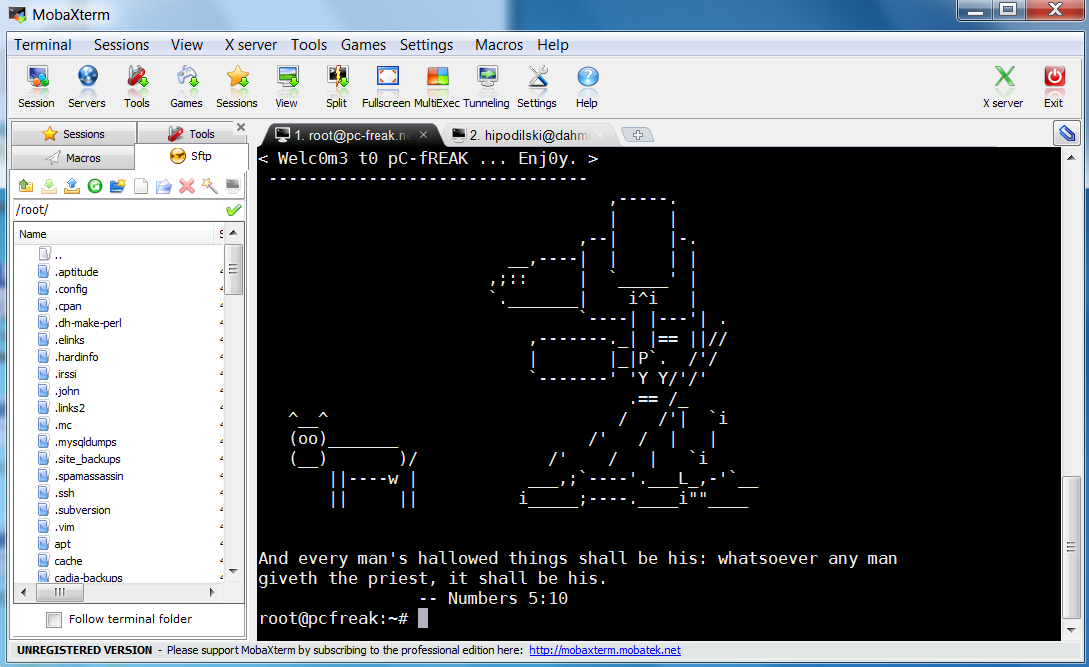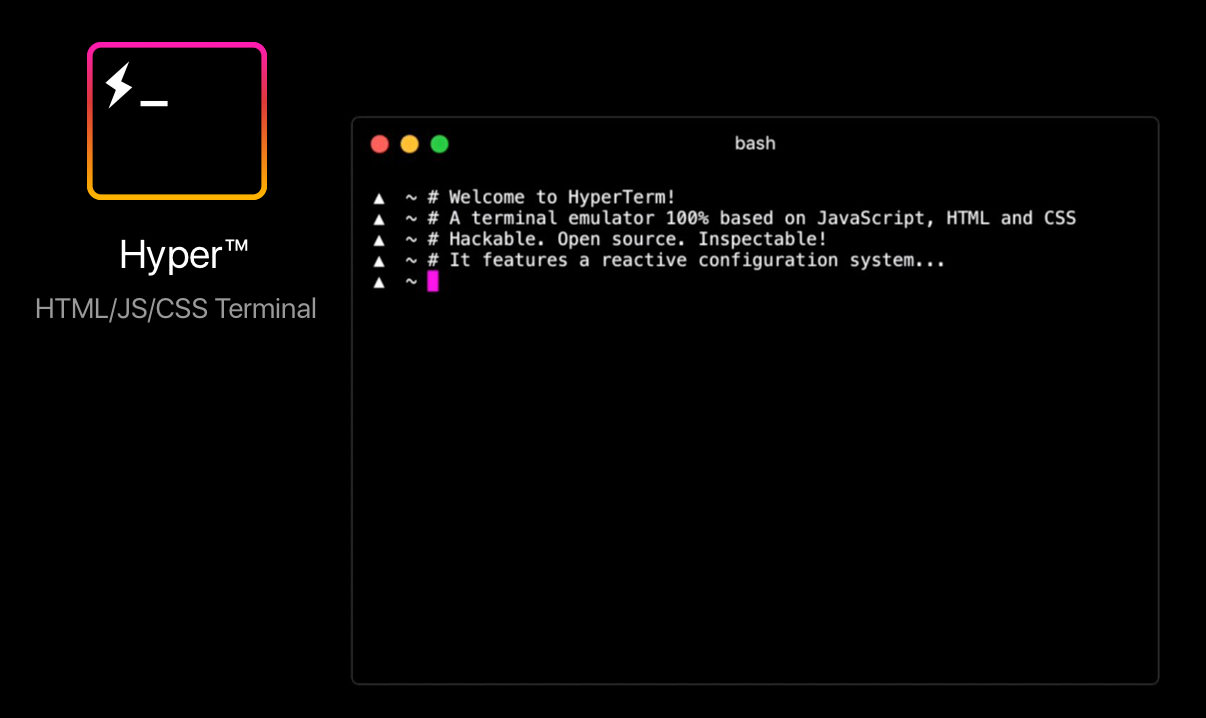Best SSH RemoteIoT Solutions For Secure And Efficient Connections
SSH (Secure Shell) has become a cornerstone for secure communication between devices in the age of remote IoT (Internet of Things) management. Whether you're a tech enthusiast, developer, or business owner, understanding the best SSH remote IoT solutions can help you protect your network and streamline operations.
In the rapidly evolving world of IoT, ensuring secure connections is paramount. This is where SSH comes into play, offering a reliable method to manage devices remotely. By leveraging SSH remote IoT solutions, users can maintain control over their devices while safeguarding sensitive data from potential threats.
This comprehensive guide will explore the best SSH remote IoT options available today, highlighting their features, benefits, and potential drawbacks. Whether you're looking for enterprise-grade solutions or budget-friendly alternatives, this article has everything you need to make an informed decision.
Read also:Mao Zedong Vs Floyd Mayweather A Comparative Analysis Of Two Iconic Figures
Table of Contents
- Introduction to SSH
- Why SSH for Remote IoT?
- Best SSH Remote IoT Solutions
- Key Features of SSH Remote IoT
- Security Benefits of SSH
- Performance Considerations
- Choosing the Right SSH Solution
- Best Practices for SSH
- Future of SSH Remote IoT
- Conclusion
Introduction to SSH
SSH, or Secure Shell, is a cryptographic network protocol that facilitates secure communication over unsecured networks. It was originally developed as a replacement for less secure protocols like Telnet and rlogin. SSH provides encryption for all data exchanged between devices, ensuring confidentiality, integrity, and authentication.
In the context of IoT, SSH plays a crucial role in enabling remote access and management of connected devices. By using SSH remote IoT solutions, users can securely interact with their devices from anywhere in the world, making it an essential tool for modern technology.
Some key advantages of SSH include strong encryption, authentication mechanisms, and the ability to tunnel other protocols securely. These features make SSH one of the most trusted methods for remote device management.
Why SSH for Remote IoT?
IoT devices are increasingly being deployed across various industries, from smart homes to industrial automation. However, with this growth comes the challenge of securing these devices and ensuring they function optimally. SSH remote IoT solutions offer several advantages that make them ideal for this purpose:
- Enhanced Security: SSH encrypts all data transmitted between devices, protecting sensitive information from unauthorized access.
- Reliable Connectivity: SSH ensures stable connections even in less-than-ideal network conditions, making it perfect for remote IoT management.
- Scalability: SSH solutions can be easily scaled to accommodate growing IoT infrastructures, ensuring long-term usability.
- Cost-Effective: Many SSH tools are open-source or available at a low cost, making them accessible for businesses of all sizes.
By choosing SSH for remote IoT management, organizations can significantly reduce the risk of cyberattacks while improving operational efficiency.
Best SSH Remote IoT Solutions
There are numerous SSH remote IoT solutions available, each with its own strengths and weaknesses. Below, we will explore some of the most popular options:
Read also:Henry Zebrowski Net Worth A Comprehensive Look At His Wealth And Achievements
Solution 1: OpenSSH
OpenSSH is one of the most widely used SSH solutions, known for its open-source nature and robust feature set. It is highly customizable and supports a wide range of operating systems, making it an excellent choice for IoT deployments.
Key Features:
- Supports strong encryption algorithms such as AES and ChaCha20.
- Includes tools for key management and authentication.
- Highly configurable, allowing users to tailor settings to their specific needs.
OpenSSH is an ideal solution for developers and organizations looking for a reliable, cost-effective way to manage their IoT devices securely.
Solution 2: Bitvise SSH Client
Bitvise SSH Client is a powerful tool designed for both beginners and advanced users. It offers a user-friendly interface while maintaining robust security features. Bitvise is particularly well-suited for Windows environments, making it a popular choice for businesses using Microsoft-based systems.
Key Features:
- Supports SFTP (Secure File Transfer Protocol) for secure file transfers.
- Includes terminal emulation and X11 forwarding capabilities.
- Offers advanced authentication methods, including public key and two-factor authentication.
With its comprehensive feature set and ease of use, Bitvise SSH Client is a top contender for organizations seeking a user-friendly SSH solution.
Solution 3: PuTTY
PuTTY is a lightweight and free SSH client that has been a staple in the tech community for years. Its simplicity and reliability make it a go-to choice for many users, especially those working in Linux or Unix environments.
Key Features:
- Supports multiple protocols, including SSH, Telnet, and Rlogin.
- Includes a session manager for organizing connections.
- Offers customizable keyboard mappings and terminal settings.
While PuTTY may not have the advanced features of some commercial solutions, its lightweight design and open-source nature make it an attractive option for budget-conscious users.
Key Features of SSH Remote IoT
SSH remote IoT solutions come with a variety of features that cater to different user needs. Some of the most important features include:
- Encryption: SSH uses advanced encryption algorithms to protect data transmitted between devices.
- Authentication: Users can authenticate using passwords, public keys, or two-factor authentication methods.
- Tunneling: SSH allows users to tunnel other protocols, such as HTTP or FTP, through secure channels.
- File Transfer: Many SSH solutions include support for SFTP, enabling secure file transfers between devices.
These features collectively contribute to the security and efficiency of SSH remote IoT solutions, making them indispensable for modern technology.
Security Benefits of SSH
Security is one of the primary reasons organizations choose SSH for remote IoT management. Some of the key security benefits include:
- Data Encryption: SSH encrypts all data transmitted between devices, preventing unauthorized access.
- Authentication Mechanisms: SSH supports multiple authentication methods, ensuring only authorized users can access devices.
- Integrity Protection: SSH includes mechanisms to detect and prevent data tampering during transmission.
By leveraging these security features, organizations can protect their IoT devices from cyber threats and ensure data privacy.
Performance Considerations
While SSH offers numerous advantages, there are some performance considerations to keep in mind. These include:
- Latency: SSH connections may experience latency in poor network conditions, affecting performance.
- Resource Usage: Encryption and decryption processes can consume significant CPU resources, especially on low-powered devices.
- Configuration Complexity: Some SSH solutions require advanced configuration, which may be challenging for novice users.
Understanding these factors can help organizations optimize their SSH deployments for maximum efficiency.
Choosing the Right SSH Solution
Selecting the best SSH remote IoT solution depends on several factors, including:
- Budget: Some solutions are free or open-source, while others require a commercial license.
- Platform Compatibility: Ensure the solution supports the operating systems and devices you use.
- Features: Consider the specific features you need, such as file transfer, tunneling, or advanced authentication methods.
By evaluating these factors, you can choose an SSH solution that meets your organization's unique requirements.
Best Practices for SSH
To maximize the security and efficiency of your SSH remote IoT deployment, follow these best practices:
- Use Strong Passwords: Ensure all SSH accounts have strong, unique passwords.
- Enable Public Key Authentication: Use public key authentication for added security.
- Regularly Update Software: Keep your SSH client and server software up to date with the latest security patches.
- Monitor Logs: Regularly review SSH logs to detect and respond to potential security threats.
Implementing these practices can help you maintain a secure and efficient SSH environment.
Future of SSH Remote IoT
As IoT continues to evolve, SSH will play an increasingly important role in securing connected devices. Advances in encryption technology, authentication methods, and network protocols will further enhance the capabilities of SSH remote IoT solutions.
In the future, we can expect to see more integration between SSH and emerging technologies, such as blockchain and artificial intelligence. These advancements will enable even more secure and efficient management of IoT devices, paving the way for a smarter, safer world.
Conclusion
SSH remote IoT solutions offer a secure and efficient way to manage connected devices, making them an essential tool for modern technology. By understanding the best options available and following best practices, organizations can protect their IoT infrastructures and improve operational efficiency.
We encourage readers to explore the solutions discussed in this article and choose the one that best fits their needs. Don't forget to share your thoughts in the comments section below or explore other articles on our site for more insights into technology and security.
Article Recommendations


